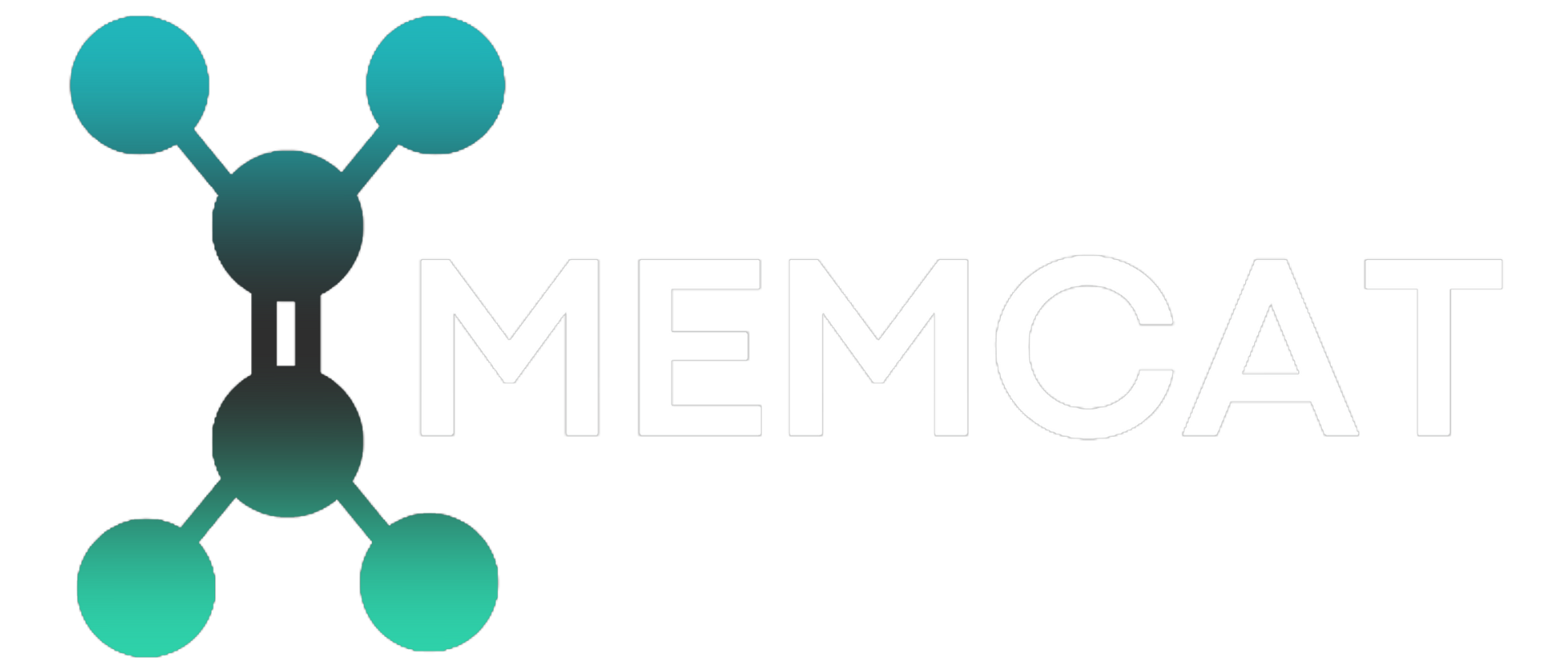The MemCat project seeks to revolutionize the chemical industry by utilizing carbon dioxide (CO2) as a resource for producing valuable chemicals, particularly ethylene (ET). This ambitious goal is pursued through the development of specialized catalysts and membranes deployed in a unique membrane reactor (MR). Here are the key objectives:
- develop advanced catalysts capable of efficiently converting CO2 into ET with high selectivity. This involves creating nanostructured catalysts that facilitate the necessary chemical reactions;
- gain a deep understanding of the catalytic processes involved, including the identification of key factors influencing conversion and selectivity. This is achieved through a combination of computational modelling and experimental investigations;
- engineer temperature-resistant membranes to enhance ET production, addressing challenges such as gas selectivity and purification;
- construct and demonstrate a prototype MR that integrates the optimized catalysts and membranes for efficient CO2-to-ET conversion;
- maximize the impact of the project by promoting open science practices, protecting intellectual property, and fostering inclusive outreach efforts.
Throughout the project, interdisciplinary collaboration is emphasized to tackle scientific uncertainties effectively. MemCat also aligns with environmental goals, ensures gender neutrality in research, and embraces transparency through open science principles.

